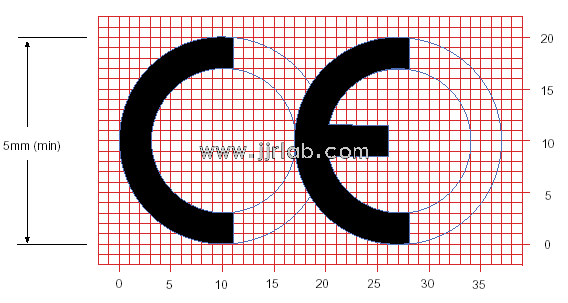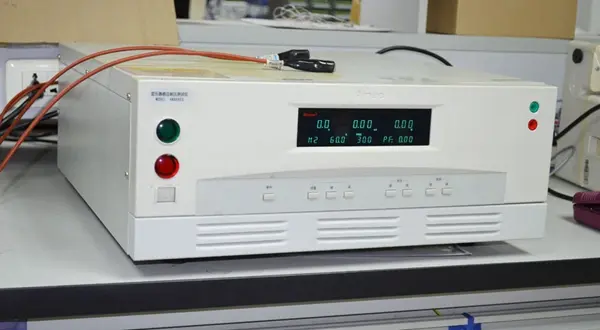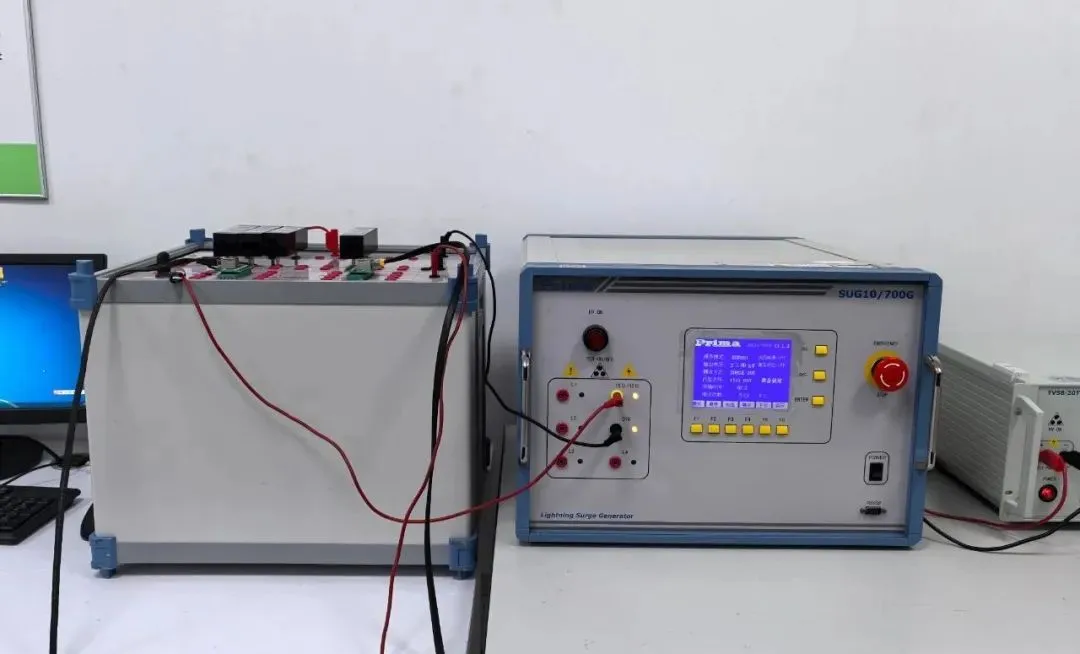
What certifications are required for clothing exports to the EU?
Most clothing exports to the EU do not require CE certification. Generally, meeting the requirements of the REACH cheMICal environmental testing is sufficient, unless the clothing is for personal protective equipment, baby clothing, or medical garments, which may have specific certification requirements. For ordinary clothing, tests typically cover azo dyes, color fastness, and physical properties, but these are not mandatory.

CE Certification for Personal Protective Clothing:
- Personal Protective Equipment Directive (PPE): This directive applies to personal protective equipment such as protective clothing. According to this directive, personal protective clothing must meet the EU's safety and performance requirements and obtain CE certification. CE certification is an important mark ensuring that the product complies with the safety, health, and environmental requirements of the European Economic Area (EEA).
Relevant Standards for CE Certification of Protective Clothing:
1. General Requirements for Protective Clothing: EN ISO 13688
2. Rainwear: EN 343
3. Antistatic Clothing: EN 1149-5
4. High-Visibility Clothing & Accessories: EN ISO 20471 / EN 1150 / EN 13356 / EN 17353
5. Flame-Resistant and Heat-Resistant Clothing: EN ISO 14116 / EN ISO 11611 / EN ISO 11612 / EN 469
6. Cold Protection Clothing: EN 342 / EN 14058
7. Chemical/Contaminant Protection Clothing: EN 943-1, EN 13034 / EN 14605 / EN ISO 13982-1 / EN 14126
8. Motorcycle Clothing: EN 17092
9. Medical Protective Clothing: EN 13795-1 / EN 13795-2
Common Test Items for Personal Protective Clothing:
1. Abrasion resistance, cut resistance, tear resistance, puncture resistance, impact resistance for protective footwear, electrical properties for conductive and antistatic footwear, reflective performance, heat protection, penetration resistance, filtration efficiency, etc.
2. Prohibited azo dyes, pH value, hexavalent chromium, antistatic properties, nickel release, color fastness, etc.
Common Test Items for Ordinary Clothing:
1. Composition Testing: Analyzing the fabric composition, such as single or mULtiple components.
2. Color Fastness Testing: Assessing resistance to water, perspiration, rubbing, soap washing, water washing, dry cleaning, light exposure, light and perspiration combination, and chlorine bleaching.
3. Physical Strength Testing: Evaluating fabric quality, such as tensile strength, tear strength, pilling resistance, etc.
4. Safety Testing: Such as heavy metal detection, odor detection, etc.
Common Certification and Testing Standards for Clothing Exports to the EU:
1. CE Certification: If the clothing falls under the general consumer goods category, it must meet the EU's product safety requirements and obtain the ce mark. CE certification ensures that the product complies with the safety, health, and environmental requirements of the European Economic Area (EEA).
2. reach regulation: REACH (Registration, Evaluation, Authorization, and Restriction of Chemicals) is the EU’s chemical regulation, covering the registration, evaluation, authorization, and restriction of chemical substances. The chemicals used in clothing must be registeRED and comply with REACH requirements.
3. Textile Labeling Requirements: The EU requires that textiles must indicate composition, washing and care instructions, country of origin, and other information before export. You must ensure that the labels on clothing comply with the EU's textile labeling requirements.
Additionally, specific certification requirements may vary depending on the type and purpose of the clothing. For example, children's clothing may need to comply with specific children's product safety standards.
Email:hello@jjrlab.com
Write your message here and send it to us
 Global Certification Guide for Lithium Batteries
Global Certification Guide for Lithium Batteries
 Compliance of Amazon 18650 Lithium Battery Product
Compliance of Amazon 18650 Lithium Battery Product
 What is CE Certification and EU Authorized Represe
What is CE Certification and EU Authorized Represe
 What Are the Lithium Battery Safety Tests?
What Are the Lithium Battery Safety Tests?
 What is the EN 61326-2-3 Standard?
What is the EN 61326-2-3 Standard?
 Why Do Smart Sockets Need IEC 60884 Certification?
Why Do Smart Sockets Need IEC 60884 Certification?
 Why Retest the Device if the 5G Module Already Has
Why Retest the Device if the 5G Module Already Has
 Overview of IEC 62087 Test Standard
Overview of IEC 62087 Test Standard
Leave us a message
24-hour online customer service at any time to respond, so that you worry!




